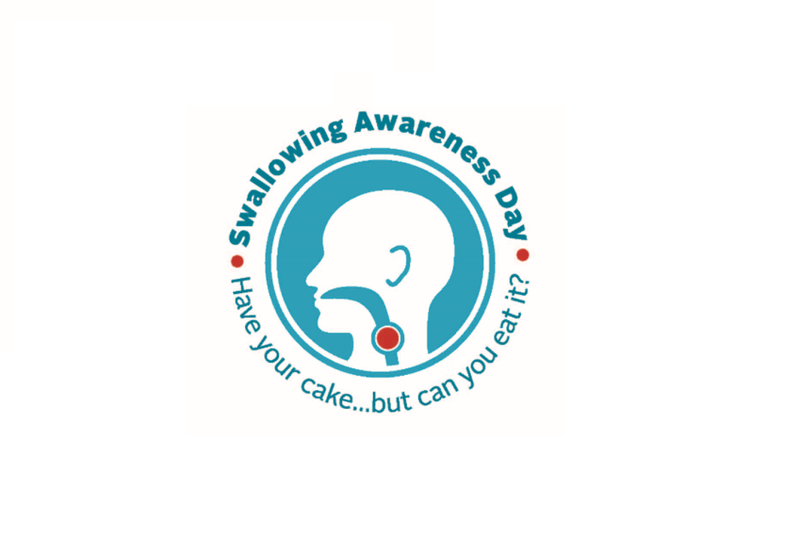
Posted on: March 03, 2017
European Swallowing Awareness Day 2017
The second European Swallowing Awareness Day, on Monday 6 March 2017, aims to raise awareness of how swallowing difficulties can affect people’s lives and how important speech and language therapists can be in supporting patients who suffer.
Eating, drinking and swallowing difficulties (also known as dysphagia) can be serious, if not life-threatening, and can result in choking, aspiration pneumonia, dehydration and malnutrition.
Various conditions can result in dysphagia, such as a stroke, cancer, respiratory conditions and progressive neurological disorders.
Multiple System Atrophy (MSA) is a progressive neurological disorder which results in problems with movement, balance and autonomic functions of the body. The muscles used to swallow become progressively weaker, making it very difficult for a person with the condition to eat or drink, putting them at risk of dehydration and malnutrition. Speech and language therapists play a key role in diagnosing dysphagia, and can provide exercises and techniques to help improve swallowing. They often work alongside a dietitian, who is able to support patients by offering options to modify the texture of foods and drinks, which can include thickening fluids and blenderising meals. The use of oral nutritional supplements can also benefit dysphagia patients, as they provide a high amount of calorie intake per volume consumed.
Dysphagia can be extremely frightening for a patient, along with being painful, frustrating and embarrassing. Quite often dysphagia results in food going ‘down the wrong hole’, causing the patient to aspirate. In conditions such as MSA, the patient becomes too weak to cough the food or drink up, which can cause aspiration pneumonia.
BSNA will be supporting European Swallowing Awareness Day on Twitter using #swallowcare2017. We encourage you to do the same!